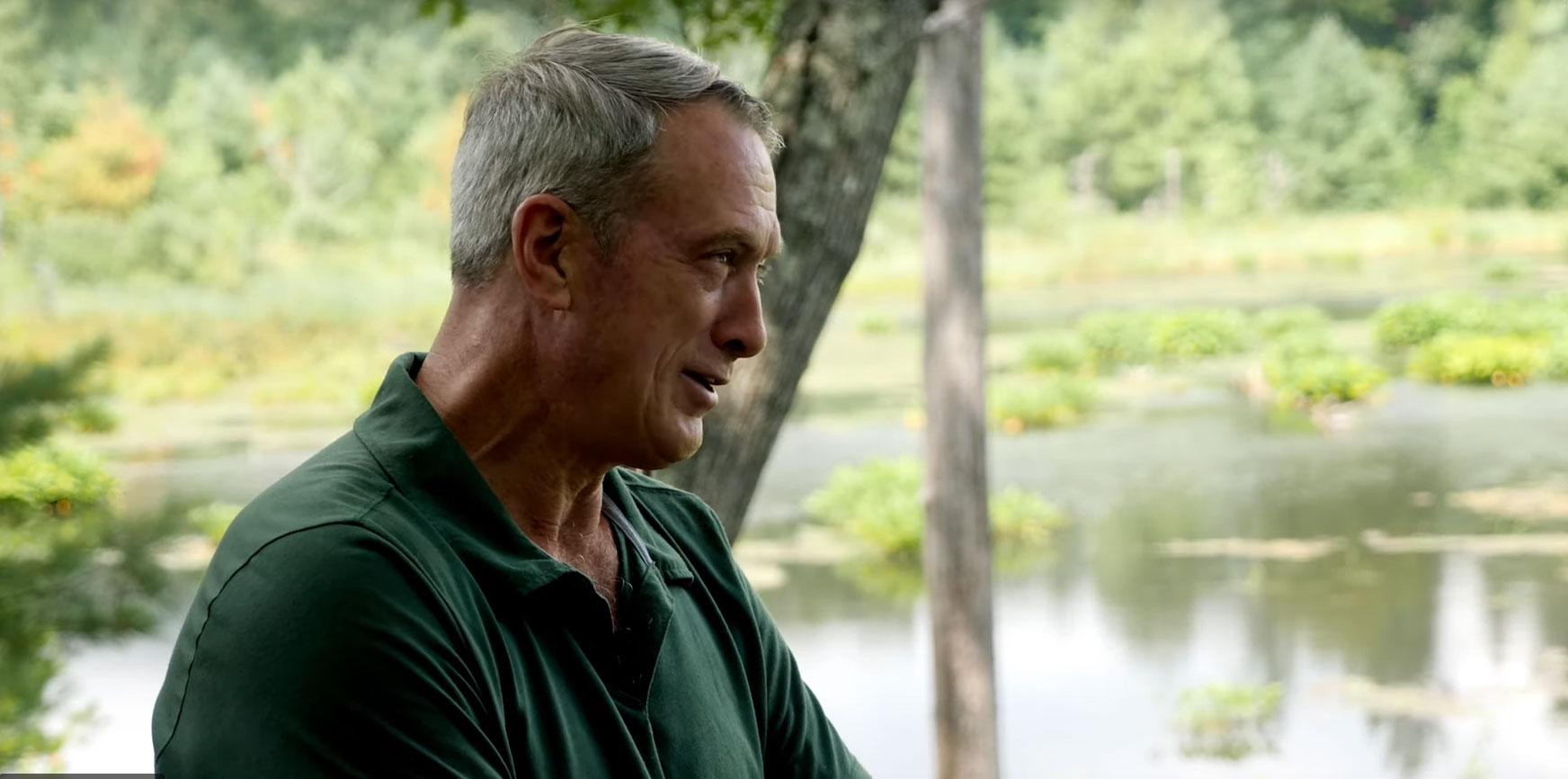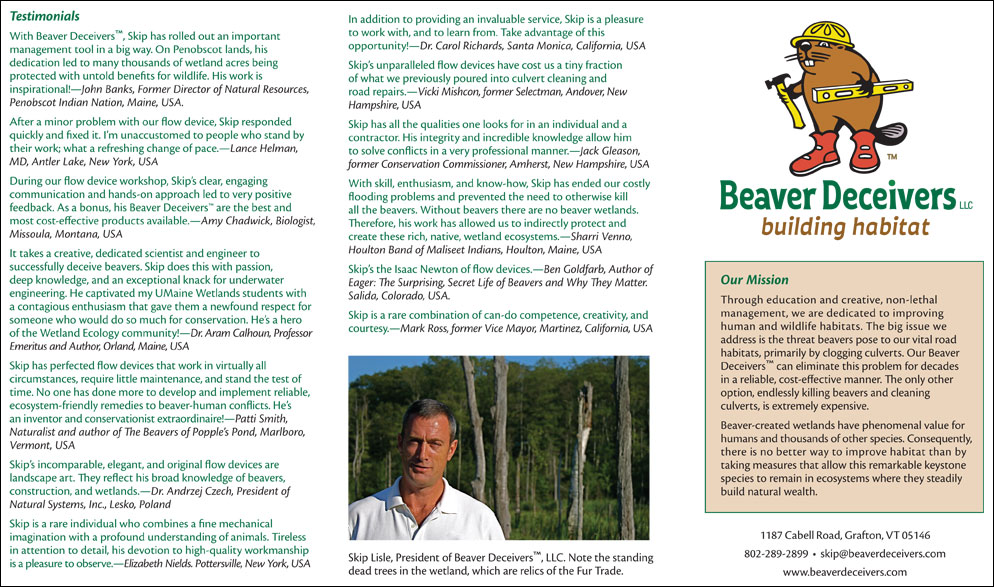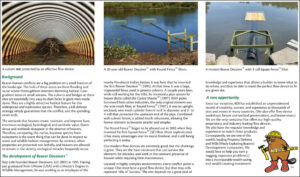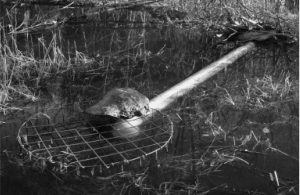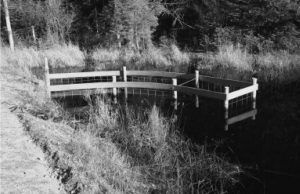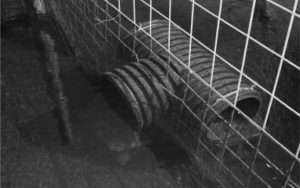About Skip
Beaver Deceivers
Beaver Deceivers is a company dedicated to protecting our land and infrastructure, as well as allowing for creative remedies that improve habitats and end wasteful killing and spending. Their technology and practices are state-of-the-art, and have been employed domestically as well as internationally to mitigate the growing problems presented by the beaver population.
Background
Skip Lisle is driven by a love of wildlife. His favorite professional or leisure activity can be summed up as “improving wildlife habitat.” However, growing up in rural Vermont (USA) he gained a special appreciation for beavers early in life. His parents would frequently drive him to local beaver haunts at dusk to watch them. Then, when beavers arrived at their own property, observations became even easier. Throughout his childhood, Skip watched as their relatively sterile, manmade pond began to teem with life as beavers slowly raised the water level and re-shaped the topography with dams, canals, and lodges, making the habitat more structurally complex and valuable. It soon became clear to Skip that beaver-created wetlands, or flowages, were special: their density of life being unquestionably greater than the abutting uplands.
The Interest
Skip enjoyed fishing for brook trout (Salvelinus fontinalis) in the small, cold streams common in Vermont’s mountainous terrain. But the fish likewise were small, and thinly populated. At age twelve, however, he happened upon a beaver pond in a stream. For fish, the flowage meant a sudden wealth of escape cover and food (insect life). For Skip, it meant unusually large trout caught with nearly every cast. He, too, became hooked. Combined with his other observations, the concept of beavers as a uniquely valuable keystone species (benefiting hundreds of other life-forms) became ingrained in him.
See more about beaver behavior
The Early Invention
Shortly thereafter, beavers began clogging the culvert on the town road that runs through his family property. When this happens, there are only two effective responses: to do something to physically protect the culvert, or to kill all nearby beavers in perpetuity and, with them, all associated wetland values. Needless to say, Skip went looking for some of his father’s old garden fence, and the first crude Beaver Deceiver was born. With the culvert, road, and beavers now protected at this site for 44 years, the surrounding wetland ecosystem has gotten steadily larger, richer, and more productive. Despite the constant presence of beavers, all road damage and culvert maintenance costs also have been eliminated over the same period.
Training, Experience, and Commitment
These early experiences ultimately led Skip to a Master’s Degree in Wildlife Management (U-Maine, USA). Upon graduation, he got a job with the nearby Penobscot Indian Nation. The Tribe has over 150,000 acres of beautiful, rural land containing large areas of excellent beaver habitat. There are also hundreds of miles of roads built for the forest-products industry. Not surprisingly, the Penobscots had a serious problem with clogged culverts. They asked Skip to come up with a reliable, long-lasting remedy, and his “flow device” career began in earnest.
The first years were tough. Transforming insights from ecological science relative to how damming is triggered into practical, effective devices used in a harsh and varied environment was challenging. How flow devices work in practice, and what’s required for them to endure, had to be learned through a difficult, lonely process of research and development. As every culvert site is different, Skip also had to acquire the knowledge necessary to be flexible and adaptable with his designs. Then there was also the added pressure of being on display. Because of the roadside nature of the workplace, he was often under the bemused gaze of an unconvinced public that seemed to be betting on the beavers. Fortunately, he had two strong allies: experience as a construction worker and, more importantly, a rock-solid commitment to the concept of keeping live beavers in ecosystems. Without the latter, he might well have quit and called a trapper.
Invention Evolved
Nevertheless, things began to come together. Skip developed an excellent wood-frame fence system, the concept of the Trapezoidal Fence, and a catchy name: Beaver Deceiver™. A little later he invented the Round Fence™, an upright, self-supporting wire-mesh cylinder used as a filter (beavers out, water in) on the end of a pipe system dubbed the Castor Master™. With these tools, all the Tribal lands were eventually beaver-proofed without the need to kill any beavers. In all likelihood, the Penobscot Nation was the first large landowner in the world to accomplish this impressive feat. This saved an enormous amount of road repair and culvert-cleaning costs, and translated into scores of wetland acres worth hundreds of thousands of dollars in ecological and hydrological services.

